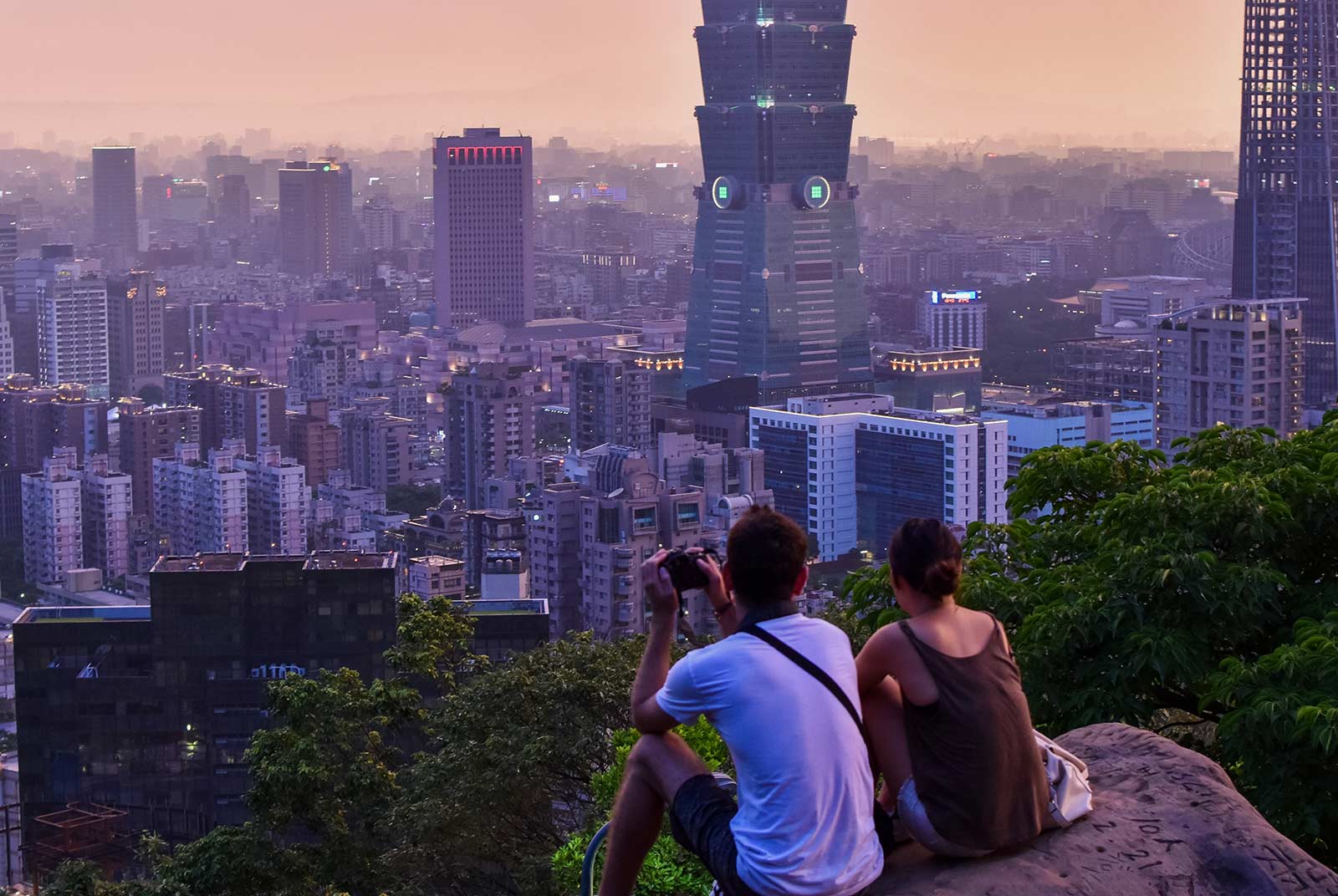1982: Eyeing global leadership
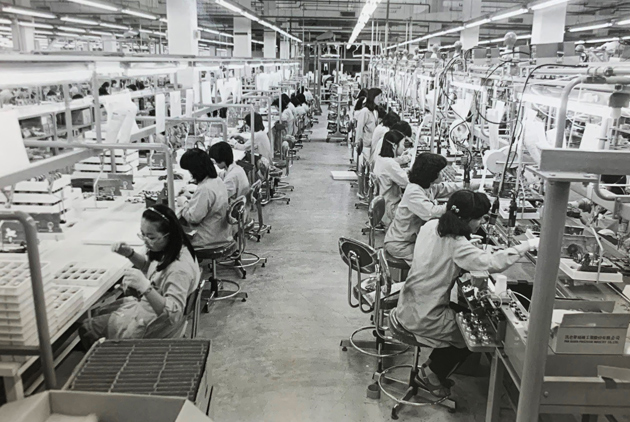
Source:CommonWealth Magazine
When you hear the phrase “number one in the world from Taiwan”, the Taiwan Semiconductor Manufacturing Company (TSMC) comes to mind. Taiwan's prime science incubator - the Hsinchu Science Park - was established amid a sense of crisis in the wake of the severance of diplomatic relations between the US and Taiwan in 1979. Had it not been for the park, TSMC would not have been where it is today.
Views
1982: Eyeing global leadership
By CommonWealth MagazineCommonWealth Magazine
There are many more “number ones” and “firsts” from Taiwan than you might think, and much earlier ones too.
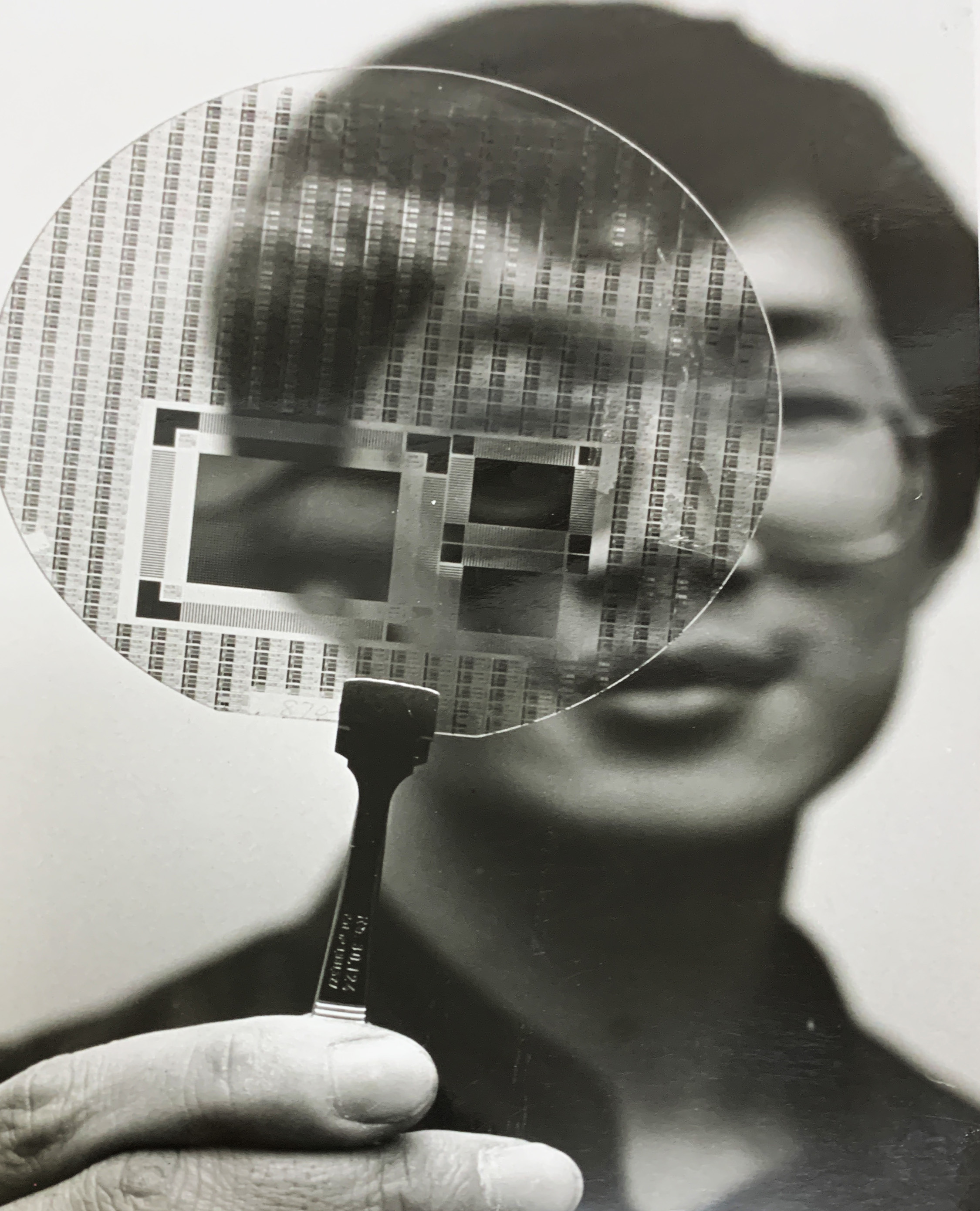
In the 1980s, the Taiwanese government made technological development its prime economic goal.
In 1980, the government established the science-based industrial park in Hsinchu, hoping to attract foreign investors to Taiwan’s high-tech industry. Amid a sense of crisis in the wake of the severance of diplomatic relations between the United States and Taiwan in 1979, the science park was modeled after Silicon Valley in the U.S., providing an opportunity for many Taiwanese who had studied abroad to return home and set up businesses.
What caught their eye were the cheap salaries that Taiwanese engineers earned, about one fifth of what their peers in Europe and North America made. On top of that, located virtually across the street from the science park were prestigious National Chiao Tung University and National Tsing Hua University, which churned out large numbers of engineering talent and owned top-notch equipment, as well as the Industrial Technology Research Institute (ITRI) with its strong R&D capabilities.Taiwan’s investment advantage, it seemed, had already shifted from cheap labor to cheap brain power. (Read more)
The Cleanrooms of Yesteryear
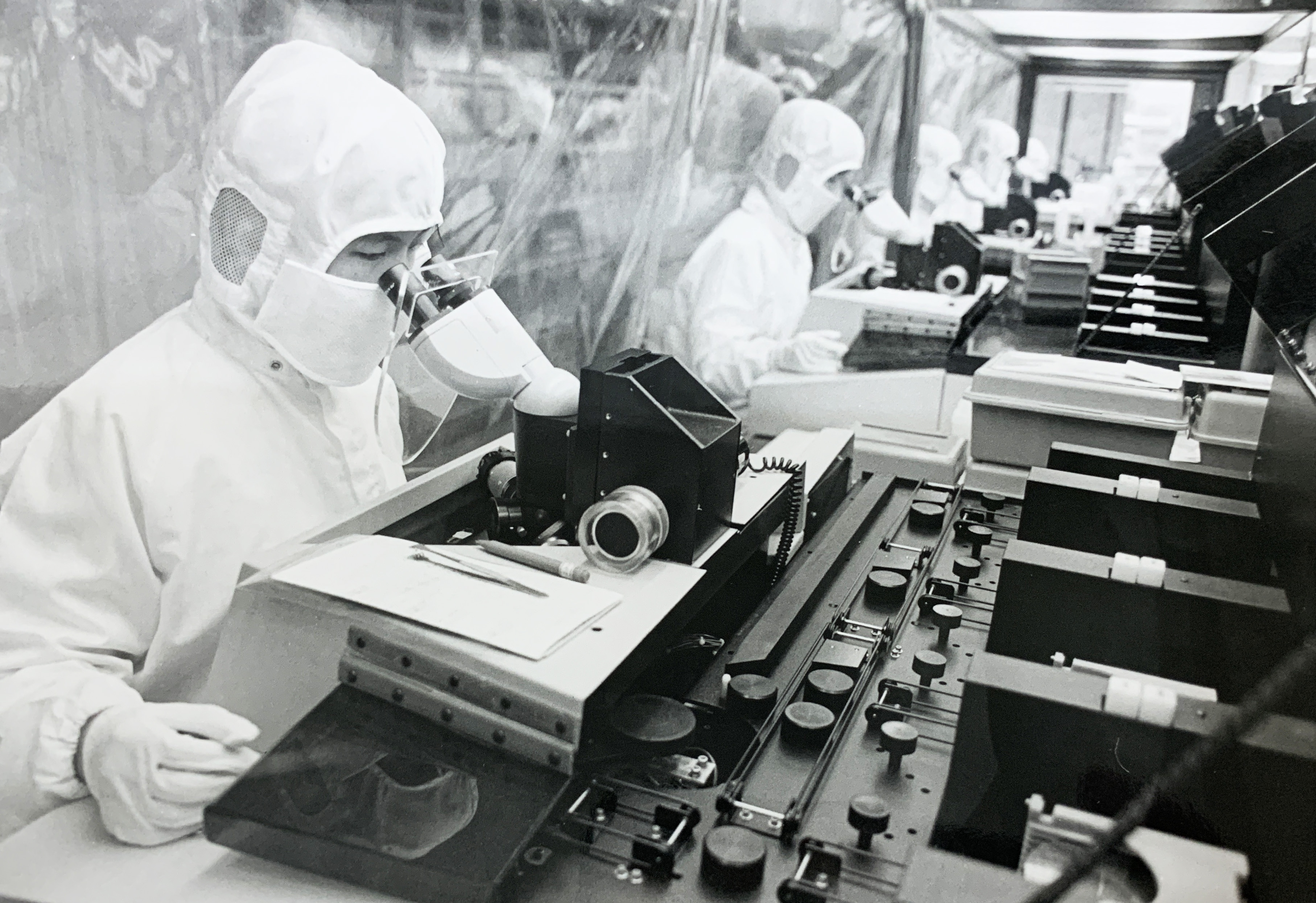
Integrated circuits (IC) were touted as the “black gold” of the 1980s. United Microelectronics Corporation (UMC) became the first high-tech company to mass produce the little black chips, laying the foundations for what would evolve into a globally dominating role for Taiwan’s semiconductor industry. (Read more)
From electronic games to computers: Taiwan’s 3C industry is born from a “mistake”
In more than two decades of vigorous growth, Taiwan’s stock market helped the 3C industry spawn corporations with global influence. The year 1982 marked a turning point that, ironically, was set in motion thanks to a governmental ban on electronic games.
Today, electronic games are not only the nation’s favorite pastime, but the e-game industry also ranks among the most sought-after employers among young people, and receives government incentives. Forty years ago, coin-operated arcade game consoles were ubiquitous in small eateries, grocery stores and comic book rental stores. But parents and educators became alarmed because elementary and high school students were often so engrossed in the games that they forgot to return home on time. “Save our children!” was the general tenor of public opinion at the time. (Read more)
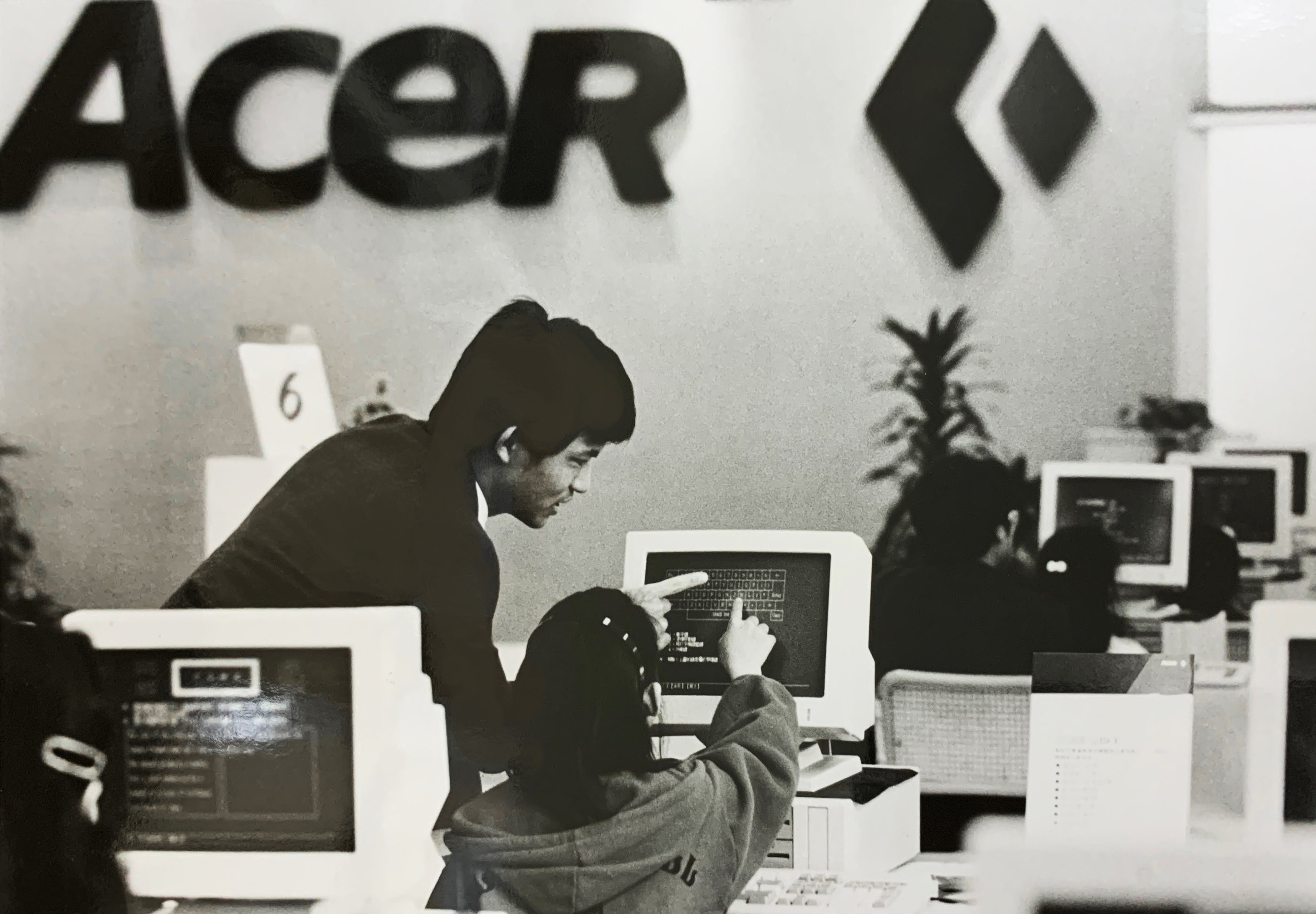
In March of 1982, the Executive Yuan, Taiwan’s Cabinet, decided to completely ban arcade games for five years, dealing a heavy blow to Taiwan’s fledgling electronics industry. Back then, arcade game consoles were the mainstay of Taiwan’s electronics contract manufacturers. At one point, they accounted for as much as 80 percent of total information industry exports.
Five years later, the electronic games manufacturers had gradually shifted to making personal computers. (Read more)
In 1982, Acer released the first Chinese-language home computer, called Microprofessor II (MPF II), paving the way for the electronic industry’s transformation into an information industry.
The world’s first Chinese-language home computer was made in Taiwan!
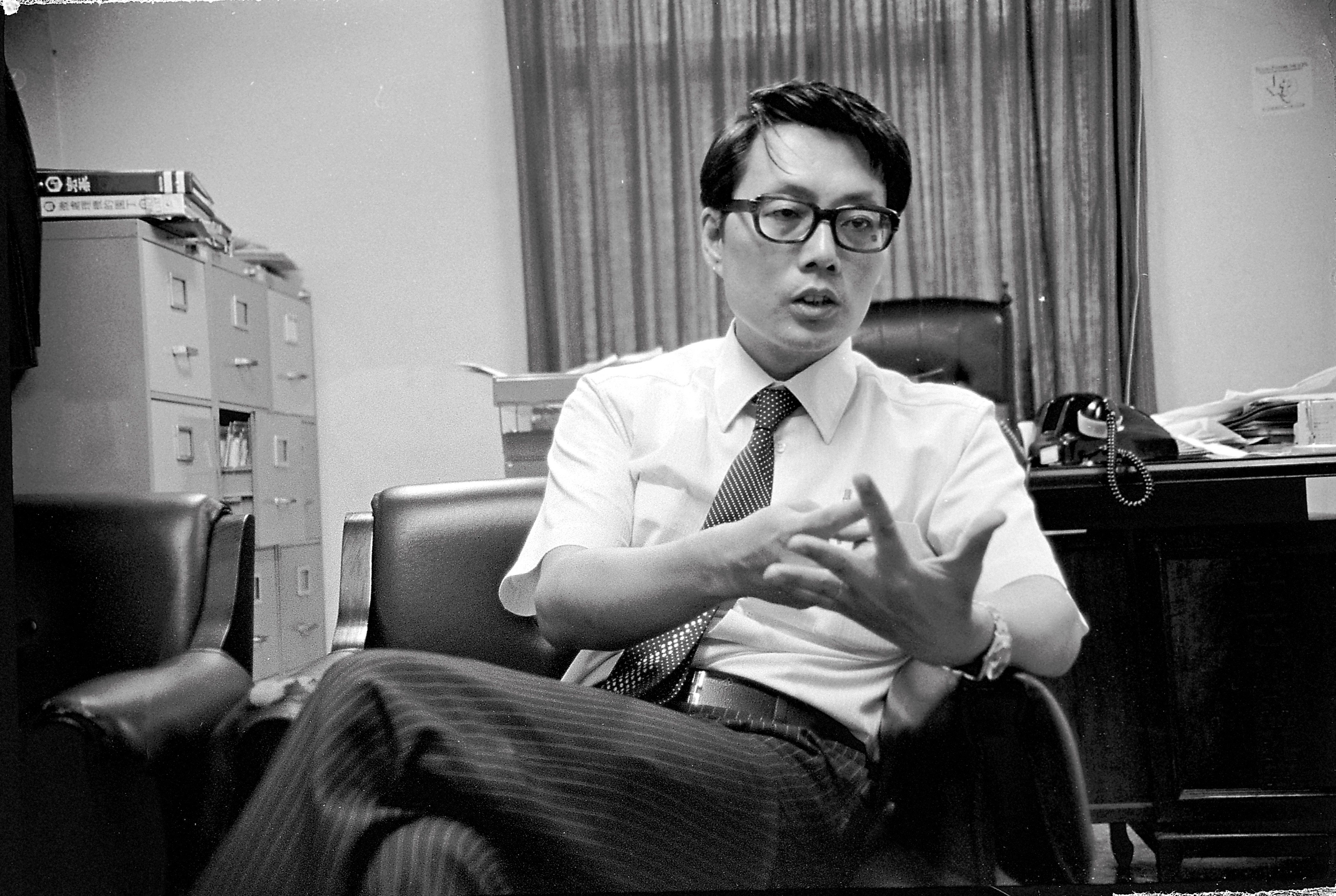
“This is an industry for young people; the old industries are already occupied by other people. In this industry, young people still have an opportunity,” said then 37-year-old Acer General Manager Stan Shih, who hails from the town of Lukang in central Taiwan, about his beginnings in the information industry.
Businesses including the clothing, shoes, adhesive tape, and construction industries were flooded with "second-generation entrepreneurs" who brought two lunch boxes to work each day, working overtime until after 10 in the evening, and grabbing orders from around the world 24 hours a day. (Read more)
These entrepreneurs were writing the score for what would later become a suite of global market conquests that put Taiwanese players on top.
In that year, Taiwan also produced its first female entrepreneur. She manufactured cars
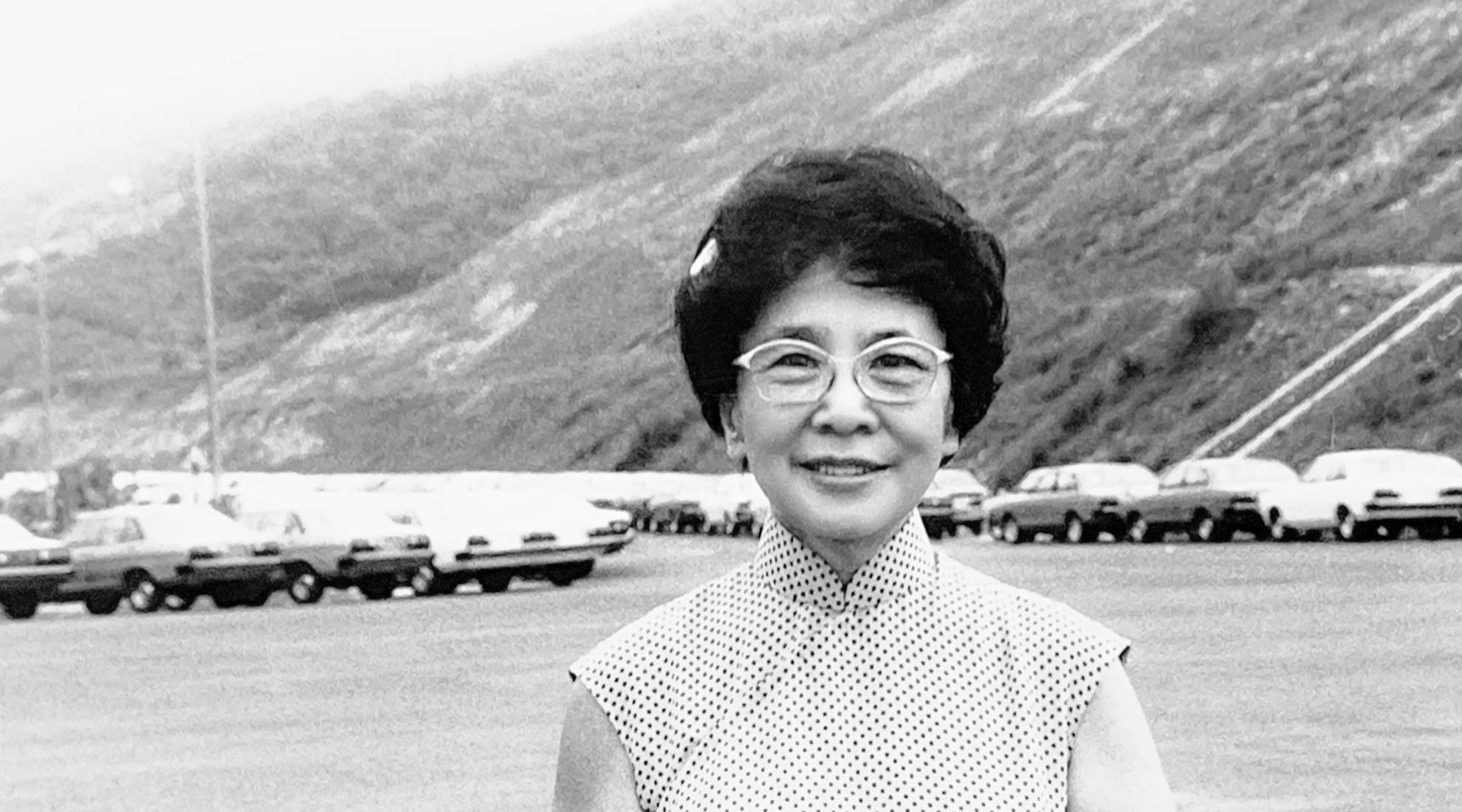 Yulon Motor Co. Ltd. (today’s Yulon Group) Chairwoman Vivian Shun-wen Wu.
Yulon Motor Co. Ltd. (today’s Yulon Group) Chairwoman Vivian Shun-wen Wu.
People also began to take note of the role that women have played in Taiwan’s industry. As the government announced with great fanfare that it aimed to develop a “major carmaker”, Vivian Shun-wen Wu, at the helm of Yulon Motor, became the epitome of female entrepreneurship. (Read more)
With annual revenue worth NT$28.7 billion, the carmaker was Taiwan’s third-largest industrial group at the time. “Iron lady” Wu had just taken over the leadership of the company following the death of her husband, company founder Yen Ching-ling, a year earlier. She opened a new plant in the town of Sanyi in rural Miaoli County and established the “Yulon Engineering Center”, thereby creating the first modernized R&D base for the cross-strait car industry.
In that year, Taiwan also scored a world first in infectious disease prevention
Another thing that proliferated rapidly as the number of companies grew fast in 1982 was a virus.
Sung Juei-low, a renowned hepatologist, led Chen Ding-shinn and other students of his to eradicate the “national disease” of hepatitis B via the public health system. At the time, one in five Taiwanese were carriers of the hepatitis B virus.
Thanks to their research efforts, Taiwan eventually became the first country worldwide to implement a universal vaccination program for infants in 1986. (Read more)
Today, the hepatitis B carrier rate among Taiwanese stands at less than 1 percent.
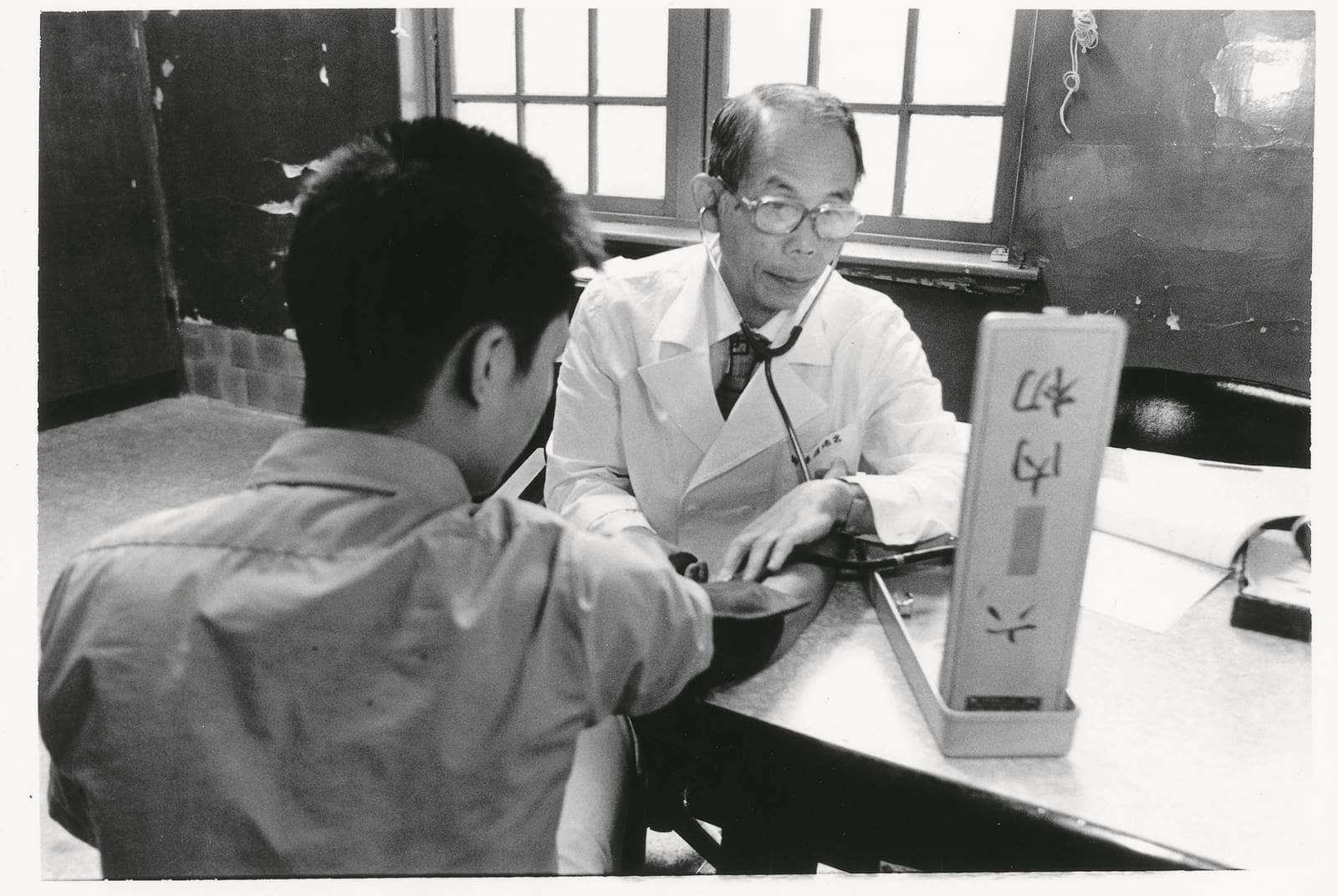
In 1982, Sung became the first clinical researcher to be elected to Academia Sinica, the national academy of Taiwan. Subsequently, two of his former students, National Taiwan University Hospital President Chen Ding-shinn and Chang Gung University School of Medicine Professor Liaw Yun-fan, as well Chen’s student, NTU College of Medicine Professor Chen Pei-jer, all became Academia Sinica members.
However, other “firsts” were tied to immense pressure

Today, only five out of 100 students who sit for the university entry exam fail. Back in 1982, the failure quota stood at a whopping 70 percent. But regardless how fierce the competition in higher education or whether university acceptance ratios are high or low, the performance of Taiwan’s university students continues to be criticized. (Read more)
In an article about the weak competitiveness of Taiwan’s electronics exports at the time, the Far Eastern Economic Review pointed out: “Taiwan’s young engineers lack creativity because their education is rote learning.”
On its way to becoming a modern nation, Taiwan ran into numerous tangible and intangible stumbling blocks. In the end, the root of the problem has always been education. Consequently, vocal demands for education reform have never died down. (Read more)
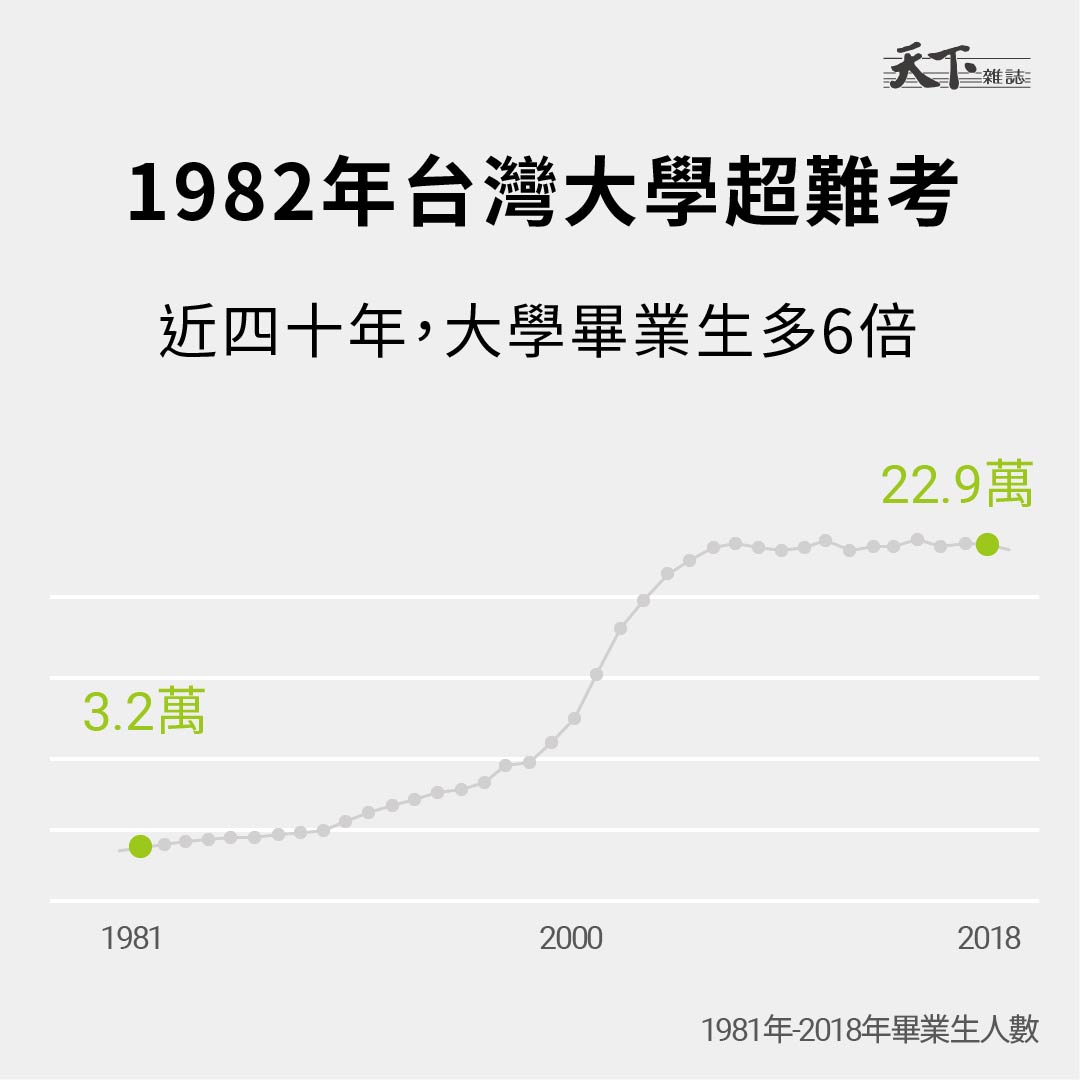 The number of university graduates in 2018 was 7.1 times higher than in 1981.
The number of university graduates in 2018 was 7.1 times higher than in 1981.
Aside from pursuing economic growth, what were Taiwanese people’s biggest concerns at a time when the lifting of martial law was not yet on the horizon?
In a survey of Taipei citizens by the Mingde Foundation, in which they were asked to list priority areas for the government to tackle, “thoroughly stabilizing public security” and “preventing a [Chinese] Communist Party invasion” were cited as the two foremost concerns.
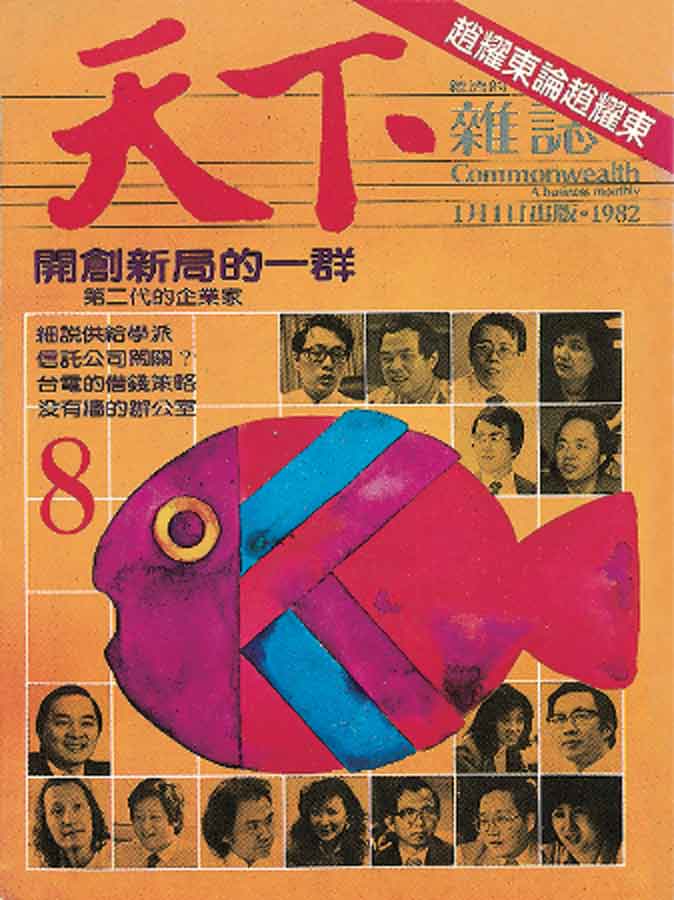
Have you read?
♦ CommonWealth Magazine’s 40th Anniversary Special Tribute: Open · Taiwan
Translated by Susanne Ganz
Edited by TC Lin
Uploaded by Penny Chiang


